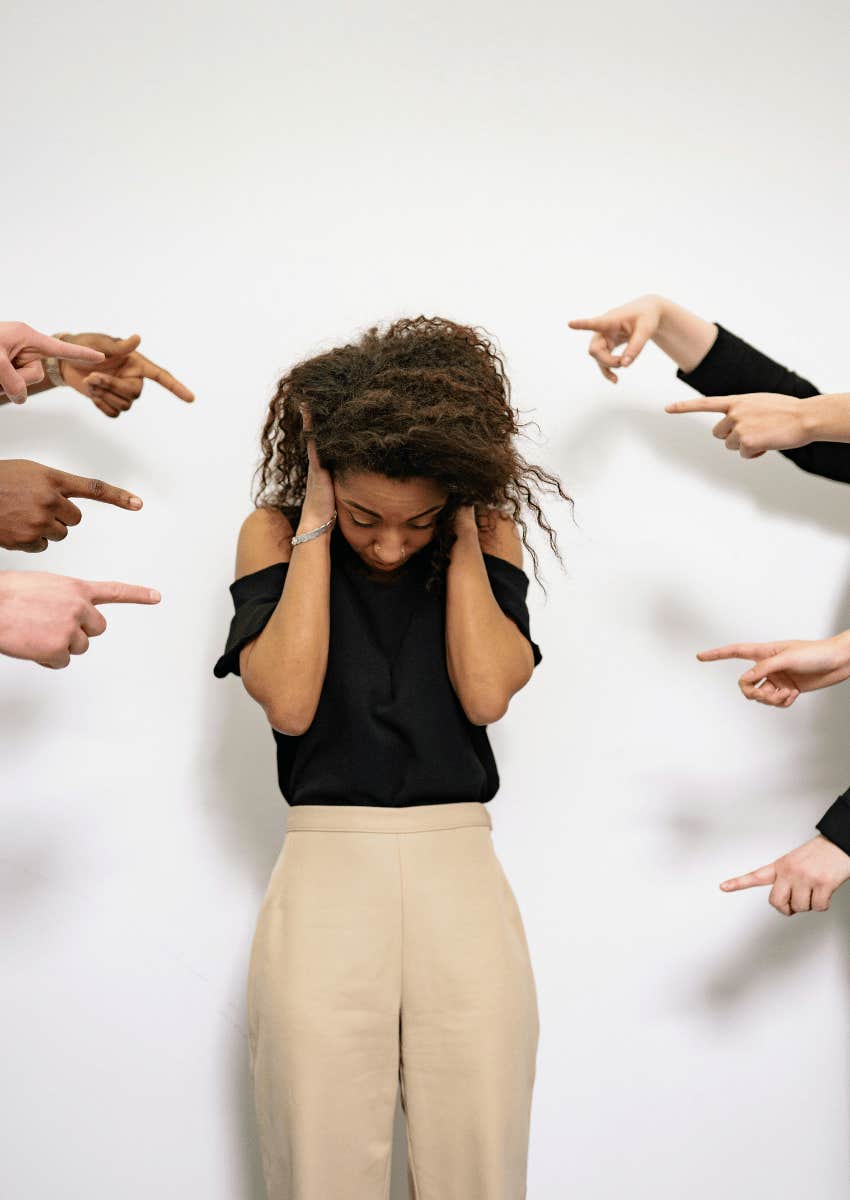We all want to be liked. It means safety, gifts, validation, and a sense of confidence. I can relate. Over the last 37 years, my actions have been influenced by a deep need to be liked.
It’s why social media works so well. We get a very real hit of dopamine when someone likes our posts or smiles at us in the street.
We’re not far off from those rats given drugged pellets in an experiment. They could not stop the need for continual dopamine hits and became easy addicts, giving up on their health entirely so that they could get that hit.
Research published by the Journal of Advances in Experimental Social Psychology indicates that people tend to “cling” to negative comments more readily than positive ones due to a phenomenon called “negativity bias,” where our brains are naturally wired to register and dwell on negative stimuli more intensely than positive ones, causing us to remember insults or criticisms more vividly than compliments. This can lead to a fixation on negative feedback even when positive experiences outweigh it.
Validation is addictive, and it makes total sense. But in our need to be liked, we also introduce a dangerous mechanism into our lives.
 Yan Krukau | Pexels
Yan Krukau | Pexels
Why? Because if we rely on other people to feel good, other people have the power to make us feel bad, too.
We are at the mercy of the external. This is death to self-expression, creativity, and ongoing happiness. It’s not down to us. How fragile this makes us. But it’s all about perspective.
The minute we realize that other people’s opinions have absolutely no bearing on our self-worth, we’re free. We’re free to act without the fear of a painful repercussion: That illusory sense that we have esteem or ‘worth’ to lose. There is no connection.
Research extensively explores the potential for rejection, highlighting how experiencing social rejection can trigger a range of negative emotions like sadness, anger, and anxiety, impacting self-esteem, cognitive function, and even physical health, with a critical concept being “rejection sensitivity” where individuals are particularly attuned to potential signs of exclusion.
According to a study by the Journal of Experimental Social Psychology, this sensitivity is often linked to past experiences of rejection in childhood or adolescence. Share your art. Walk up to new people. Ask for help. Publish that blog post. Sell your services at high prices. Get on a stage. Our self-esteem is endless and abundant when we allow it to flow through us like a river after a torrential downpour.
 Moose Photos | Pexels
Moose Photos | Pexels
If you can be okay with the idea of being disliked nothing can stop you.
This is a practice. A habit. An unwiring. But you’ve already made 90% of the progress you need through understanding that your confidence is based on you, not anyone else.
Life can only improve once you step out of your comfort zone. Research from Cornell University has determined that to grow in life, people must put themselves in situations that may feel daunting and take risks. My life and confidence exploded when my creative output exploded. If you aren’t expanding, you’re contracting.
Be okay with being disliked and in the void left by criticism, self-compassion becomes our default. To love who we are comes without effort or intervention.
Researchers from the Department of Psychology at Tufts University explain that “Positively biased self-views are argued to be a key component of healthy psychological functioning, influencing self-esteem, motivation, and determination. Indeed, a lack of a self-positivity bias (or even a self-negativity bias) may contribute to mood and anxiety disorder.”
Alex Mathers is a writer and coach who helps you build a money-making personal brand with your knowledge and skills while staying mentally resilient.

